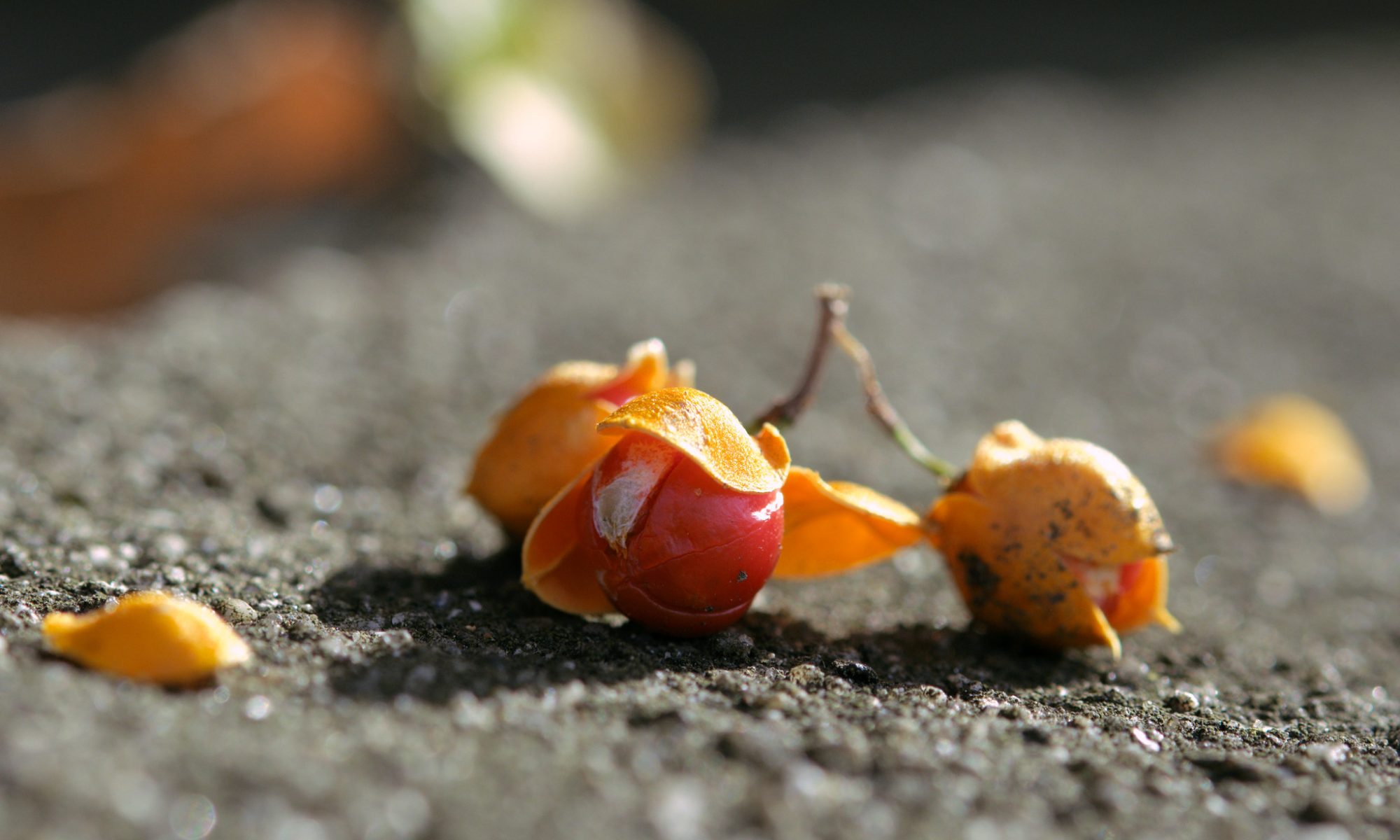This article originally appeared on Geek Feminism.
Over at Livejournal, angelbob is gathering anecdata:
A friend recently said… that as a woman working in technology, she wouldn’t recommend that other women enter the field. She’s a system administrator… I’m not going to repeat her reasons here. Rather, I’d be very curious whether other women working in technical fields, especially system administration and/or programming, felt the same way. Anybody care to comment?
I find this is a bit of an elephant in the room in “women in technology” discussions, and so I (bravely! like John Tierney, no doubt) want to talk about it. It probably applies to “women in science” discussions and so on, I just don’t follow them as much.
There are women, quite a few in fact, in technology careers who suggest other women don’t enter them. They usually find this is a unpopular opinion in the harming the community direction. Often some of their major critics are other women, especially women who are running recruitment and outreach for the field. The argument generally goes like this: the major thing that will fix sexism in this field is more women! So if we stay silent and take the sexism bad with the geeky good for long enough, sexism will solve itself. By encouraging women to stay out, you are basically furthering sexism in this field. QED.
Let’s pick this apart. First, purely as a practical matter, even in the forthcoming geek feminist utopia, some women will be talented programmers or engineers or mathematicians but will choose to spend most or all of their life in a different field. The human endeavour is not a zero sum game, we have not “lost” someone when she becomes a nurse or a musician.
Second, we don’t want to be denying women’s experiences. If a geek career was hard, unpleasant and not ultimately worth it for her, she should say this, and if it was related to her being a woman, it makes sense to recommend against it for other women. It’s hard to hear this if you are among the women who passionately love their geek work and want to share the good news, but those of us who are more in the advocate line surely do not want to spread the message that if women so much as hear negative experiences about geekdom they’ll all flee. If women’s interest in geekdom comes at the expense of lying to them and denying other women’s negative experiences, then the cause of women in geek careers isn’t worth it. Women can listen to passionate detractors, passionate advocates and people somewhere in between, consider their own experiences, and make up their own minds.
And lastly, women do not in fact bear the responsibility of ending geekdom’s sexism, and even if we did, we couldn’t. It is, in fact, ultimately down to the most powerful people to bear the bulk of the burden for changing the social environment. Having a field become 50 or 75% women has some effect on the stereotype effect, but it is not a magic de-sexist-itising measure.
How about you? If you left a geekdom or a geek career, or are a passionate critic of it (and aren’t we all, since pretty much any criticism is subject to the tone argument) have you been told not to discourage women, or that you are undermining the work of advocate women?
